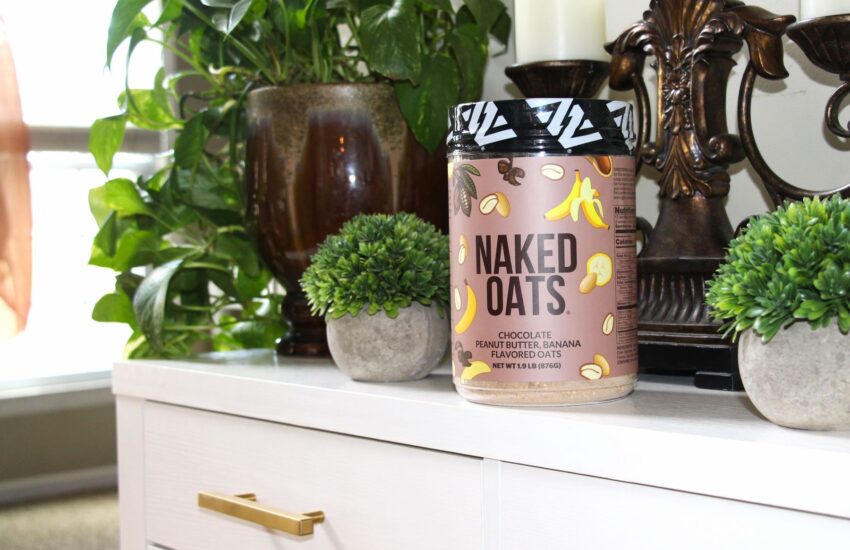Effective Ways To Treat Your Anxiety (Other Than Medication)
Medication for anxiety can be a helpful and necessary tool for managing symptoms. While some may prefer to use solely therapeutic techniques, medication can provide much-needed relief for those experiencing severe anxiety. It can also be dangerous to stop taking your medication suddenly.
That is why it’s important to work with a doctor or psychiatrist to find the right medication and dosage, as well as to monitor any potential side effects. Along with medication, incorporating healthy coping mechanisms and therapy can provide a well-rounded approach to managing anxiety. Read about some of the most effective techniques and options below.
1. The Benefits of Delta 9 Gummies for Anxiety
Delta 9 Gummies are a convenient and discreet way to manage anxiety symptoms. These gummies contain CBD, a non-psychoactive compound in cannabis that has been shown to boost mood. Additionally, Delta 9 Gummies also contain terpenes and other beneficial compounds found in the cannabis plant. Taking these gummies regularly can provide relief from anxiety symptoms and promote overall relaxation. Delta 9 Gummies can be easily incorporated into a daily wellness routine and offer a tasty alternative to other forms of CBD consumption.
Remember to always check with your dr before taking any CBD product and some may interact with your current medications.
2. Herbal Remedies for Anxiety Relief, such as Chamomile and Lavender
Herbal remedies have been used for centuries to treat a variety of ailments, including anxiety. Two commonly used herbs for anxiety relief are chamomile and lavender. Chamomile can be consumed as a tea or taken in supplement form and has been shown to decrease feelings of stress and promote relaxation.
Lavender can also be consumed as a tea or taken in supplement form, and its calming scent can also be used in aromatherapy to reduce anxiety symptoms. It is important to consult with a healthcare professional before using herbal remedies, as they may interact with certain medications. However, for those looking for a natural approach to managing anxiety, chamomile and lavender may provide some relief.
Again complementary therapies always need to be run past your medical practitioner to ensure no harmful interactions.
3. The Power of Mindfulness and Meditation Practices
Mindfulness and meditation practices have been shown to have a powerful impact on overall well-being. These practices can reduce stress, improve focus and concentration, increase self-awareness, and even alter brain functioning for the better. Research has also found that mindfulness and meditation can positively affect physical health by reducing inflammation and improving symptoms of conditions such as high blood pressure and chronic pain.
By taking time to focus on the present moment and cultivate a non-judgmental attitude towards our thoughts and emotions, we can begin to break negative thought patterns and improve our relationships with ourselves and others. incorporating mindfulness and meditation into daily life can lead to a greater sense of fulfilment and happiness.
4. Counselling and Therapy
Talking to a therapist or counsellor can be a valuable tool in managing anxiety. A therapist can help individuals understand and work through underlying issues that may be contributing to their anxiety, as well as provide coping mechanisms and techniques for dealing with symptoms in the moment. Therapy can also benefit those who struggle with co-occurring disorders, such as depression or substance abuse. It is important to find a therapist or counsellor who is experienced in treating anxiety and with whom you feel comfortable talking to. Along with medication and other techniques, therapy can provide long-term relief from anxiety symptoms and improve overall well-being.
It is important to find the right type of therapy for your specific anxiety condition. For example, cognitive behavioural therapy (CBT) and exposure and response prevention (ERP) have been found to be highly effective in treating obsessive-compulsive disorder (OCD). It may also be helpful to seek out a therapist who specializes in treating anxiety disorders. Finding the right therapy can provide significant relief from anxiety symptoms and improve overall well-being.
5. Exercise
In addition to its numerous physical health benefits, regular exercise can also improve mental well-being and help alleviate symptoms of anxiety. Exercise releases endorphins, which can boost mood and reduce stress. It can also serve as a distraction from negative thoughts and provide a sense of accomplishment.
Finding an activity that you enjoy, whether it’s running, hiking, or group fitness classes, can make it easier to stick with a regular exercise routine and experience the benefits for managing anxiety. It is important to consult with a healthcare professional before starting any new exercise program, especially if you have physical limitations or conditions. Incorporating exercise into your daily routine can help alleviate symptoms of anxiety and improve overall well-being.


